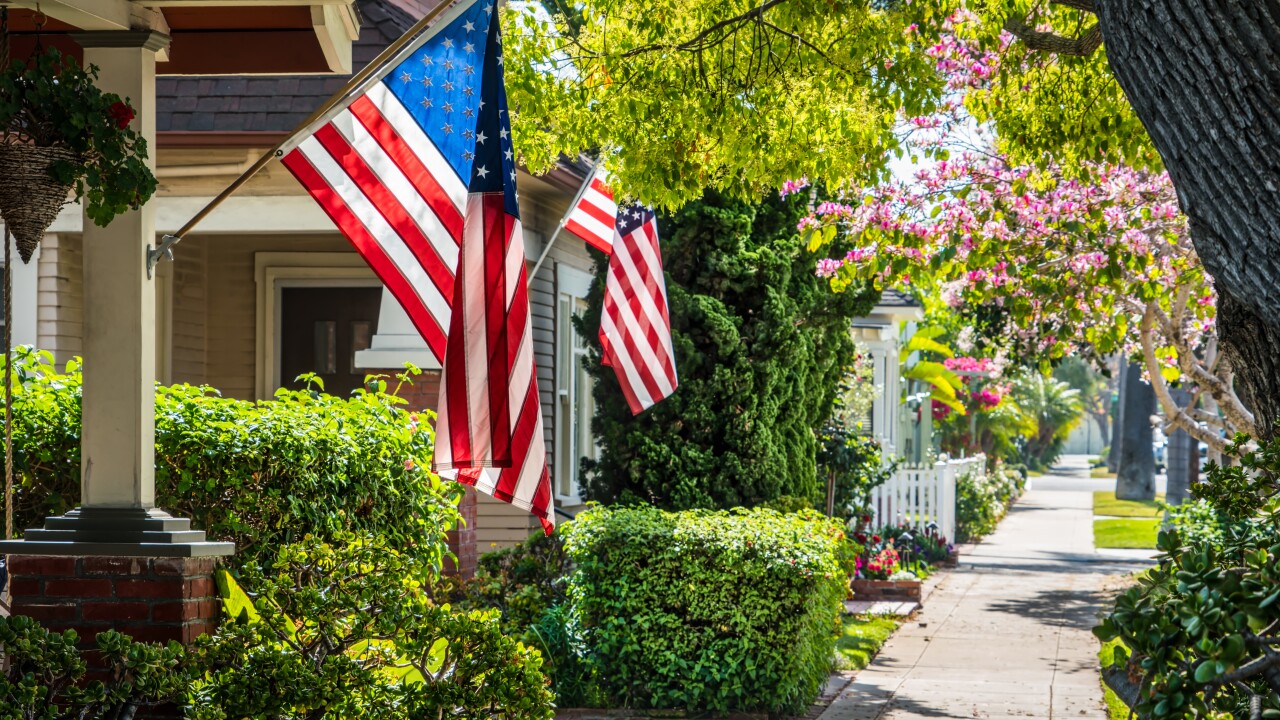Battle lines are hardening in the fight against stores that eschew cash, as New York City’s Committee on Consumer Affairs plans to hear arguments Thursday on a proposal to ban cashless stores like Amazon Go.
The proposal is part of a movement
The hearing follows a bill New York City Council Member Ritchie Torres introduced in November 2018, which has gained support from some local organizations. This sentiment runs counter to the strategy of Amazon.com, which had selected New York as one of the
One group, Manhattan-based Retail Action Project (RAP), claims Amazon’s plan to open

Torres’ bill would ban retailers from not accepting cash, with exceptions for certain parking lots. An alternative bill Council Member Fernando Cabrera proposed would require cashless retailers to display conspicuous signs alerting customers they don’t accept cash.
Amazon did not immediately reply to queries about the recent pushback on cashless stores.
The online retail giant’s first public Amazon Go store—which operates with automatic, in-app payment—opened to the public in early 2017. Currently there are four Amazon Go stores in Seattle, four in Chicago and two in San Francisco.
According to RAP, up to one-third of New York City households will be shut out of businesses that don’t accept cash because they’re unbanked or underbanked and don’t have a payment card, the organization said in a recent press release.
Torres’ bill—also sponsored by New York City Council Member Keith Powers—joins a growing number of states and municipalities that are enacting laws against cashless businesses.
New Jersey’s legislature recently approved a bill that would fine businesses $2,500 for refusing to accept cash; the law is awaiting a signature from Governor Phil Murphy. Philadelphia’s city council recently proposed a similar law, and Massachusetts is enforcing its 1978 law banning businesses from refusing cash.
Some businesses that experimented with banning cash—like Shake Shack—retreated from the policy. But many others have stuck with their own cashless strategies, which most say drives efficiency for both customers and workers, and reduces overhead from the cost of handling cash.
No figures were immediately available on how many of New York's stores don’t accept cash, but anecdotal evidence suggests there are several dozen. Dos Toros, a quick-service Mexican chain, has 16 locations in New York and the concept has long been cashless. The company told
These considerations are understandable for business owners, but the growing number of cashless businesses in New York—especially quick-service eateries—is making life inconvenient for many consumers, said Raymond Rodriguez, deputy chief of staff for Torres, who sponsored the bill to ban cashless stores.
“This bill has been proposed in New York because we’re seeing a rapid increase in businesses that don’t accept cash, particularly fast-casual restaurants in gentrifying areas around Brooklyn, Queens and Upper Manhattan, and this trend excludes consumers who don’t have payment cards or may not want to use them,” Rodriguez said.
Retailers that have responded to the rise of digital payments with business models designed to serve the growing number of consumers transacting primarily with credit and debit cards and in-app or mobile payments, clearly aren’t thrilled. Amazon did not respond to an inquiry from PaymentsSource before deadline.
But there is one industry group that’s pleased with the idea of laws enforcing the use of cash: ATM operators.
The ATM Industry Association has offered its input on the various bills under consideration, but none of the government organizations requested it, said David Tente, ATMIA’s executive director for USA and Americas.
As more businesses eschew cash, it puts more of the large population of consumers who rely on cash in a bind, according to Tente.
“Consumers prefer cash for local retail stores and restaurants by a wide margin,” Tente said, noting that some studies indicate that when stores have an ATM, cash spending at the store increases by as much at 60 percent. (Most independently operated ATMs also charge fees for each cash withdrawal.)
Tente disputes the idea that consumers without payment cards have plenty of options.
“There may an alternative business that accepts cash, but is it open late at night? What if it’s some distance away, and there’s no transportation?” he said.
Tente—like many cash advocates—points to the words “legal tender for all debts, public and private” printed on every U.S banknote.
Cardtronics, the largest U.S. ATM network, also supports a ban on cashless stores and the company has provided testimony to lawmakers in New York and Philadelphia in support of cash.
“The good news is that consumers have lots of payment options in the U.S., from digital to cash, and we think cash should be included—not excluded—from those choices,” said Crystal Wright, a communications and government relations consultant for Cardtronics.
She notes that businesses refusing cash fail to recognize that not everyone has access to credit, debit or digital payment methods.
“Cashless policies just seem like a bad idea to everyone—consumers lose out by being denied services, and the ability to buy basic things like food, while merchants lose revenue and the chance to build loyalty by not accepting cash,” Wright said.





